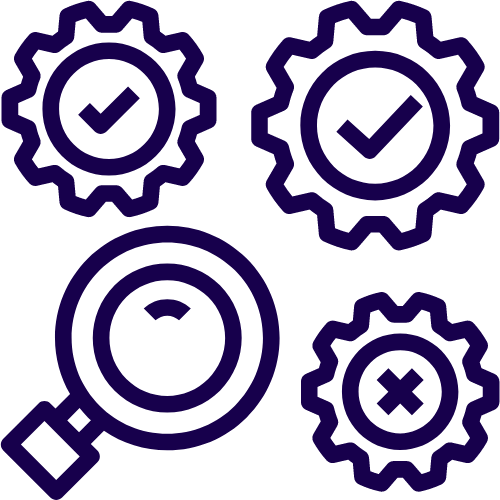
Advertising and Communication Activities Research
The final purpose of advertising and communication activities is to sell the product. For this purpose, we have developed studies that will assist businesses and advertising agencies to boost their potential in sales.
On different stages of communication activities, ACT will help you develop a communication strategy and assess the effectiveness of the implemented campaigns. We offer:
 |
|
Improvement and optimization of advertising materials before presenting to the market. ACT conducts a pre-test of advertising materials through traditional methods as well as “eye tracking” technology |
|
 |
|
Development of a communication strategy based on analysis of media habits in target segment |
|
|
|
|
|
|
|
|
 |
|
Follow-up assessment and monitoring of effectiveness of advertising materials and communication activities – coverage area and quality, perception, try / purchase stimulation, etc. |
|
|
|
|

